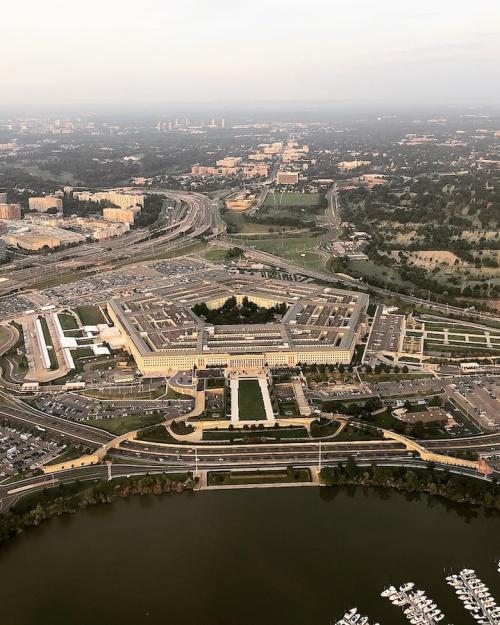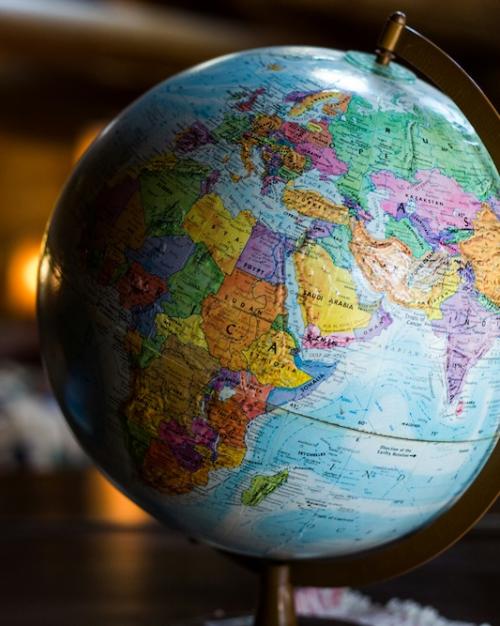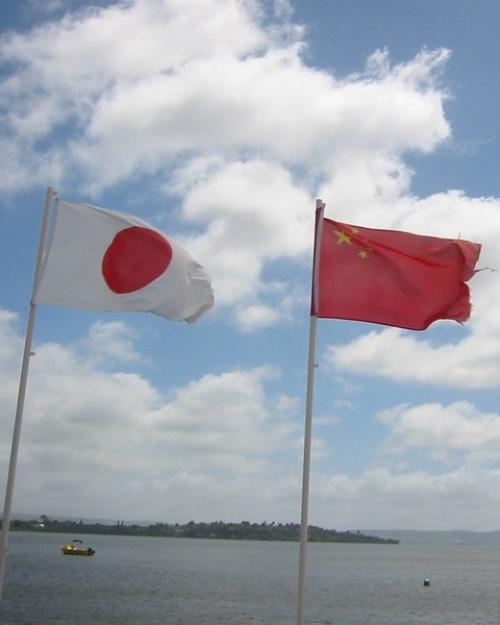China warned its citizens against traveling to Japan, sent naval ships to disputed waters, and signaled possible economic sanctions after Japanese Prime Minister, Sanae Takaichi, suggested military intervention if China moved to seize Taiwan.
Allen Carlson, associate professor of government at Cornell University, is an expert on Chinese foreign policy. He says Japan’s refusal to retract the remarks—despite some efforts to de-escalate—has left relations between the two countries the worst they've been in a decade.
Carlson says: “Since 1972 when Japan established diplomatic relations with the People’s Republic of China one of the most contentious issues between the two countries has been Taiwan. Tokyo, while respecting the Chinese position on Taiwan, has also maintained a close relationship with the island (which it occupied from 1895 to 1945). In doing so, Japan often stretched the meaning of Beijing’s ‘one China’ policy. However, it also largely managed to thread this needle without overtly antagonizing China’s leaders. But last week this uneasy truce began to unravel.
“China took great exception to Takaichi's remarks, blasted them as inflammatory, and took a range of retaliatory measures. It also threatened to do even more. The Japanese refused to retract the offending statements, but have made some efforts to deescalate the situation, albeit so far without mollifying Beijing. As a result, the two countries now stand on a knife’s edge.
“This spat underscores just how combustible the security situation in Asia is becoming, and how central Taiwan is in such a dynamic.”





